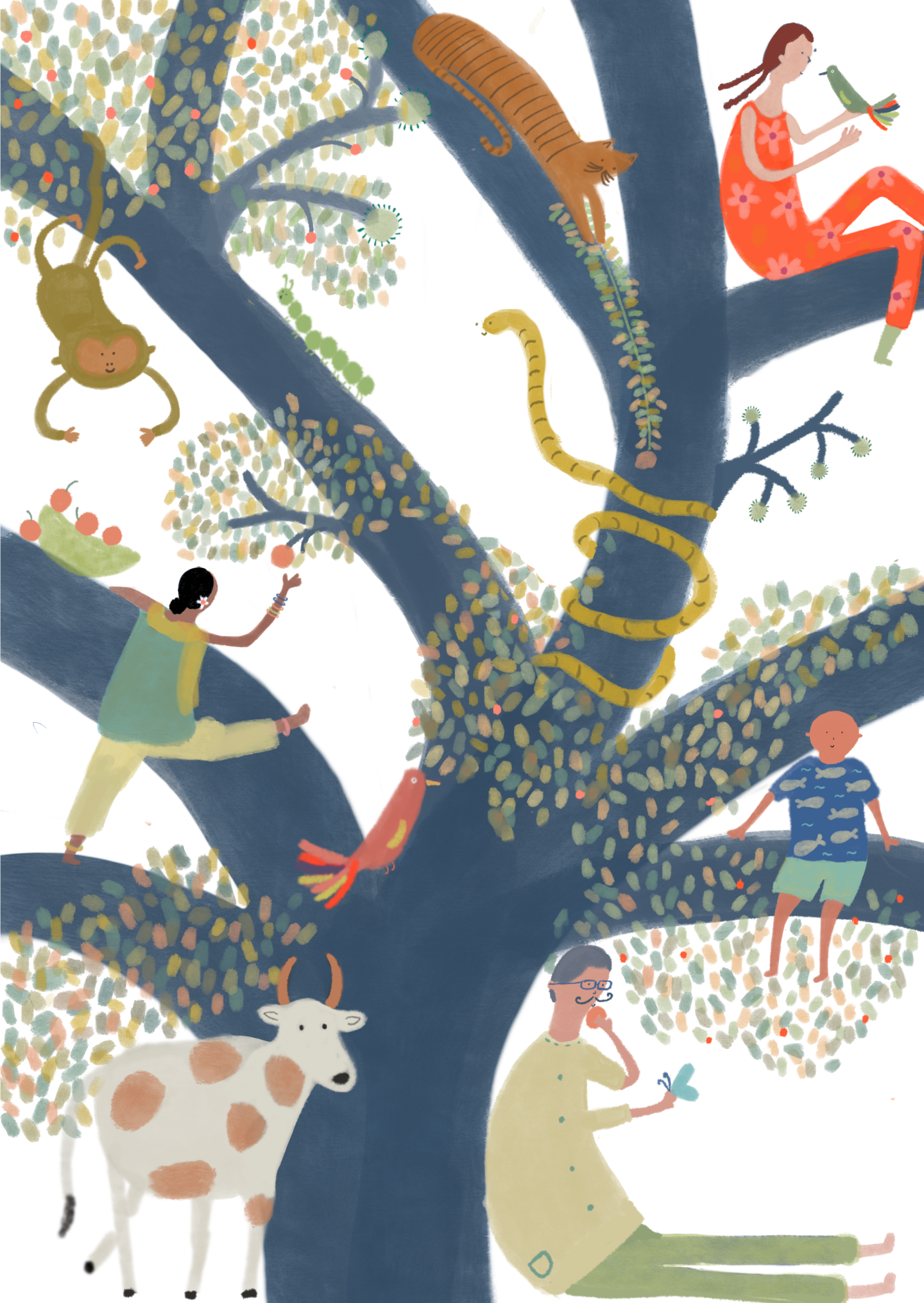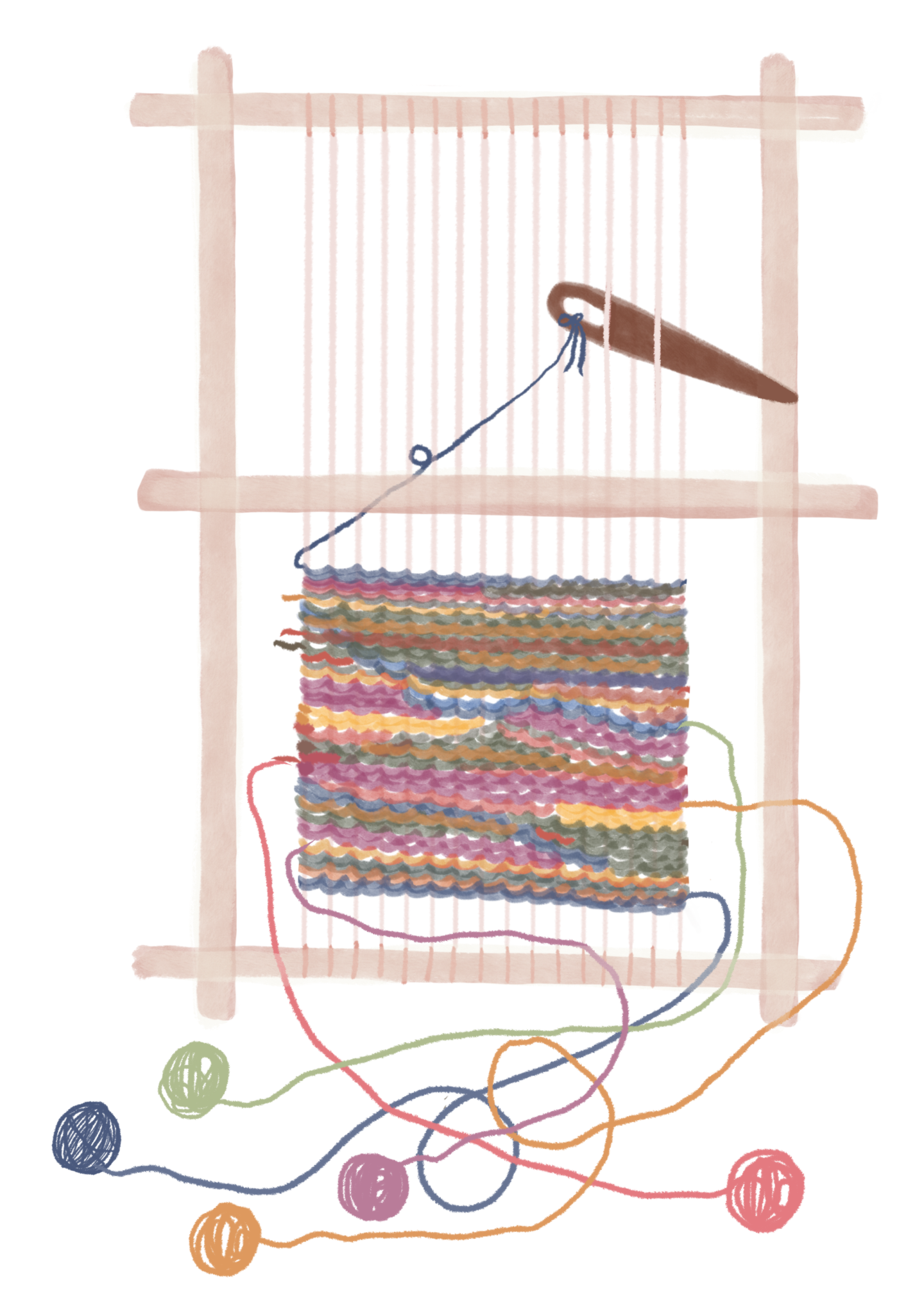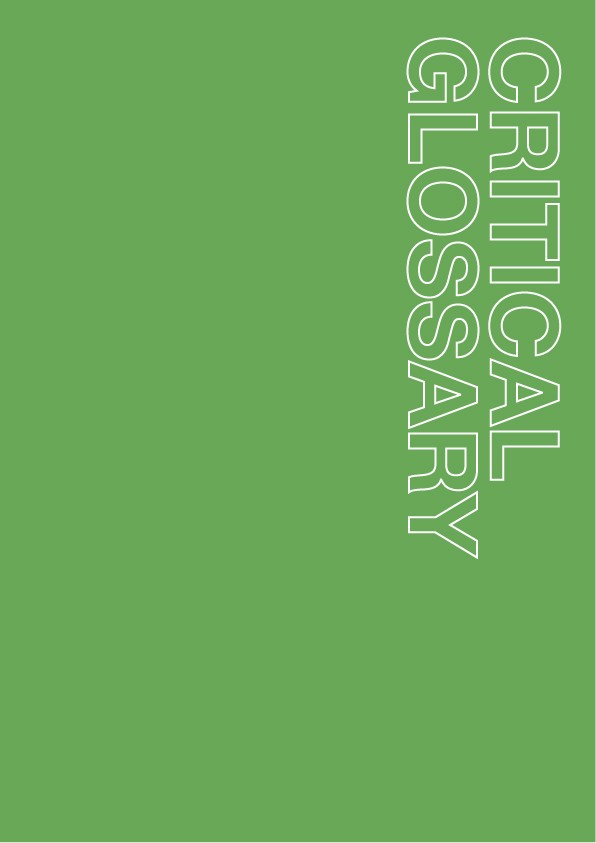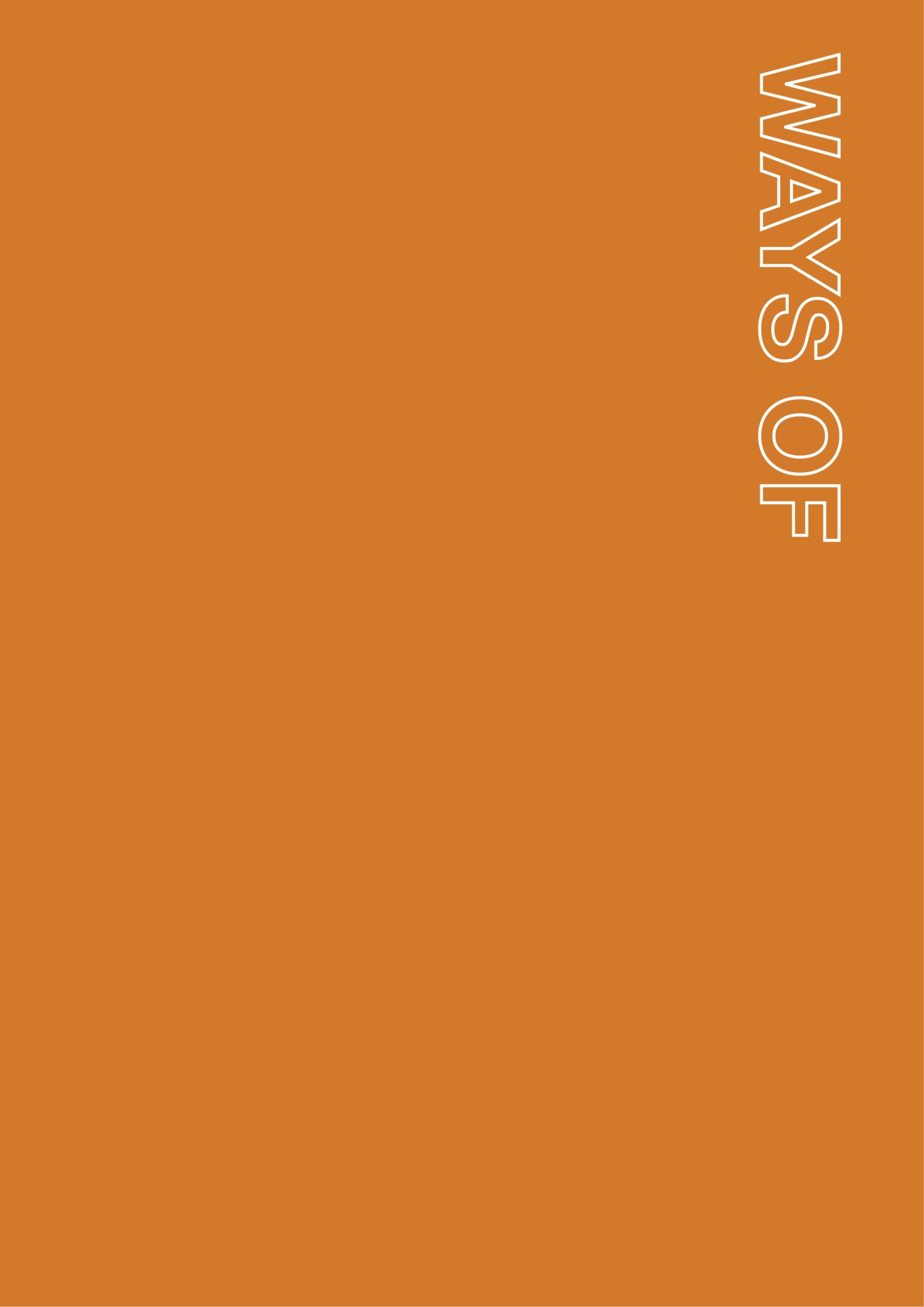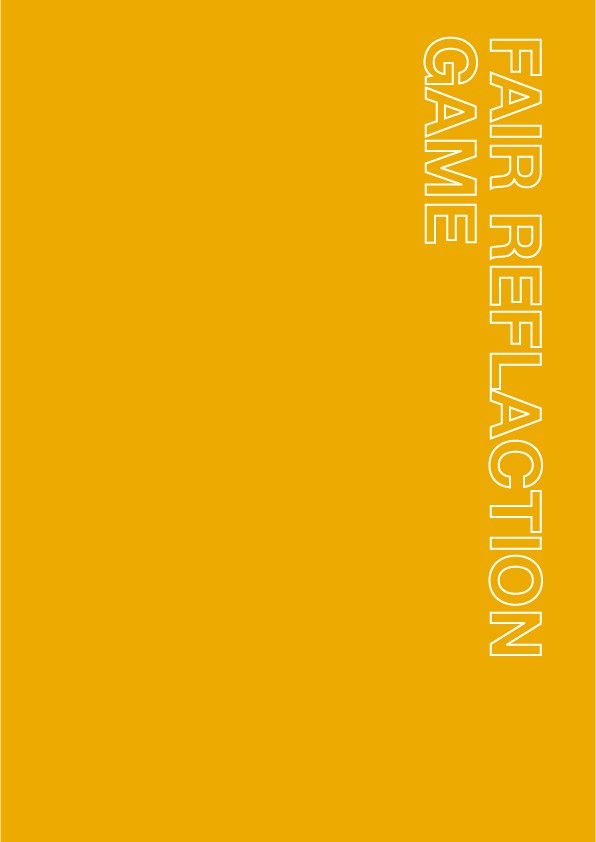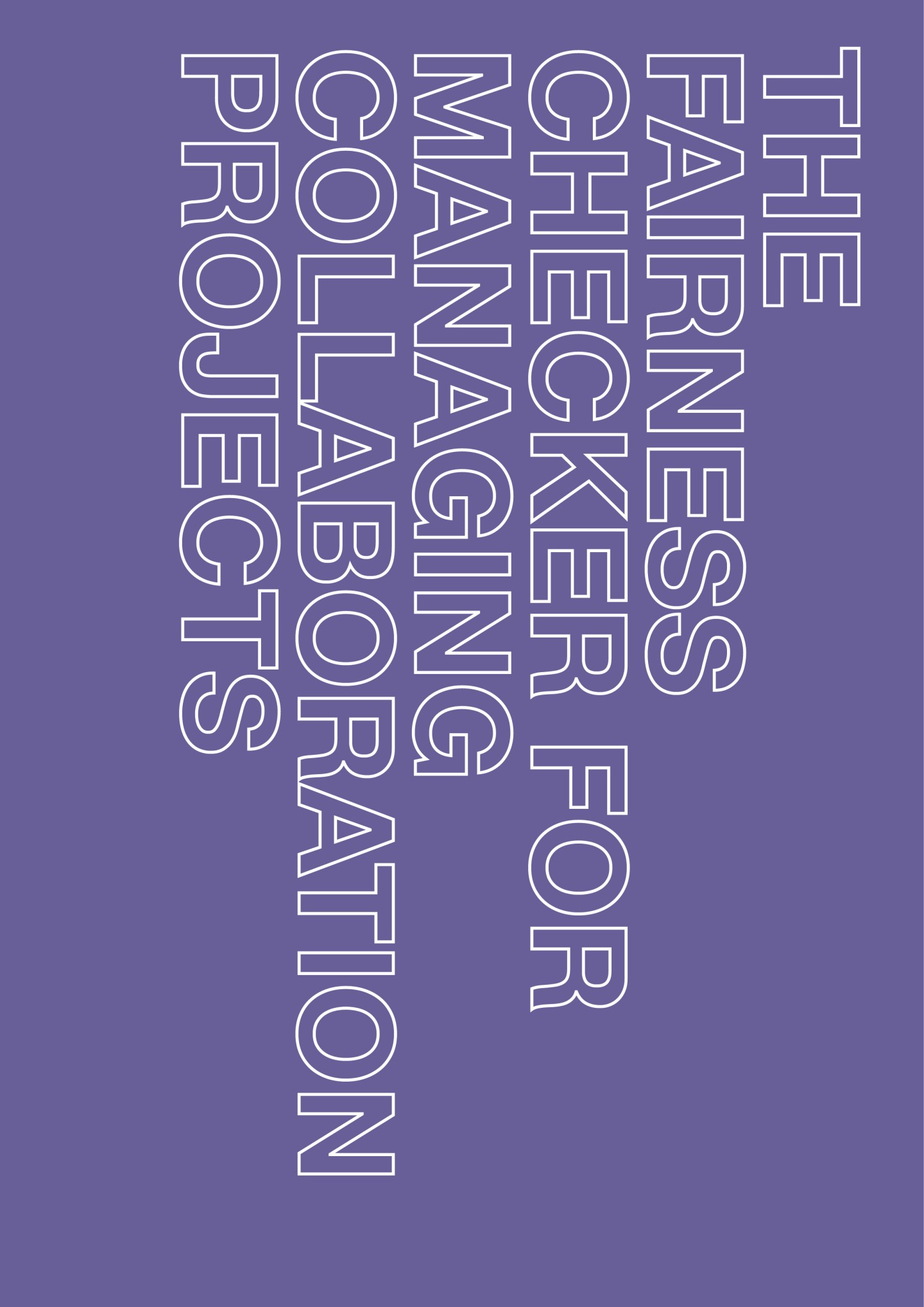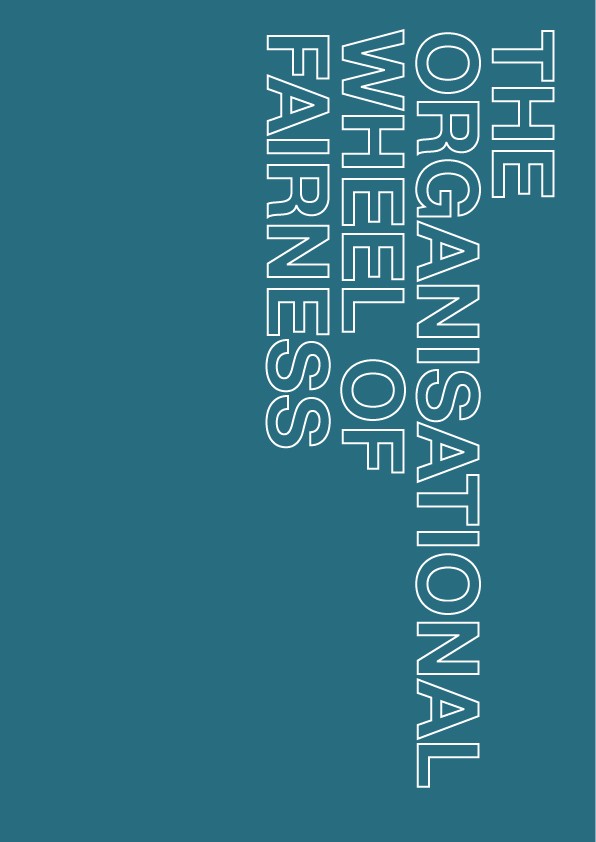Not a toolkit! Fair collaboration in cultural relations: a reflAction is the result of a commission from EUNIC to a team of six experts with diverse profiles and backgrounds to develop a set of user-centred tools for EUNIC members and colleagues working in the field of cultural relations. The team was selected through an open call for proposals published in March 2021.
Not a toolkit! aims to raise awareness about fair practices in cultural relations, and asks pertinent questions we should be asking of ourselves - as individuals, as professionals and as organisations operating within a system - to challenge and improve our practices, policies and procedures when engaging in cultural relations activities.
Not a toolkit! was compiled by Cristina Farinha, Avril Joffe, Matina Magkou, Anna Steinkamp, Katelijn Verstraete, and Sudebi Thakurata along with D.epicentre as the design partner. It is the result of extensive consultation with practitioners in the field of cultural relations - both EUNIC and non-EUNIC members, including a survey, a series of roundtables and interviews. The methodology adopted was a user-centred design-led process.
Get to know more about the creators behind Not a toolkit! here.
See the full list of people who were involved in the process of this work's development in the acknowledgements.
Are you ready to embark on your fair collaboration journey?
Not a toolkit! Fair Collaboration in Cultural Relations: a reflAction has multiple components, which are embedded on this site, bound together as a series of PDFs in the form of a non-linear multi-part visual reflective journal. These PDFs are versatile in their usage: With their journal-like feeling, they encourage the user to not just read but to interact with them.
We imagine you to have a dialogic relationship with the reflAction journal. Hence, the tone of this reflAction journal is done primarily in ‘first person: singular and plural’ ( I/we) as it is supposed to talk to you, as an individual and/or as a group, as you navigate through your journey of fairness. ReflAction can also happen on the individual or the organisational level. The dialogues could be internal or could be done externally with a group, using the various tools and frameworks offered in the journal, with an external facilitator.
There is not a fixed nor a suggested flow on using the components. Each part is connected to all other parts. You can start anywhere and choose any direction to follow. However, while the choice is yours, we encourage you to start the reflAction journey through the exploration of the ‘Fair ReflAction Game’ or the ‘Critical Glossary’ and to let that shape your ways of exploring the rest.
Take a look here to find recommendations how to use Not a toolkit! and precise instructions for both printing and digital use, including examples of using components in a participatory way online.
Not a toolkit! Fair collaboration in cultural relations: a reflAction is an invitation to reflect and to act. It is composed by a number of components which should not be seen as a static set of tools, but as boundless, where further knowledge, insights and better practice can be steered.
Stay up to date: see where the topic of fair collaboration is discussed and how the components of Not a toolkit! are being deployed and utilised to effect change within the EUNIC network and beyond.
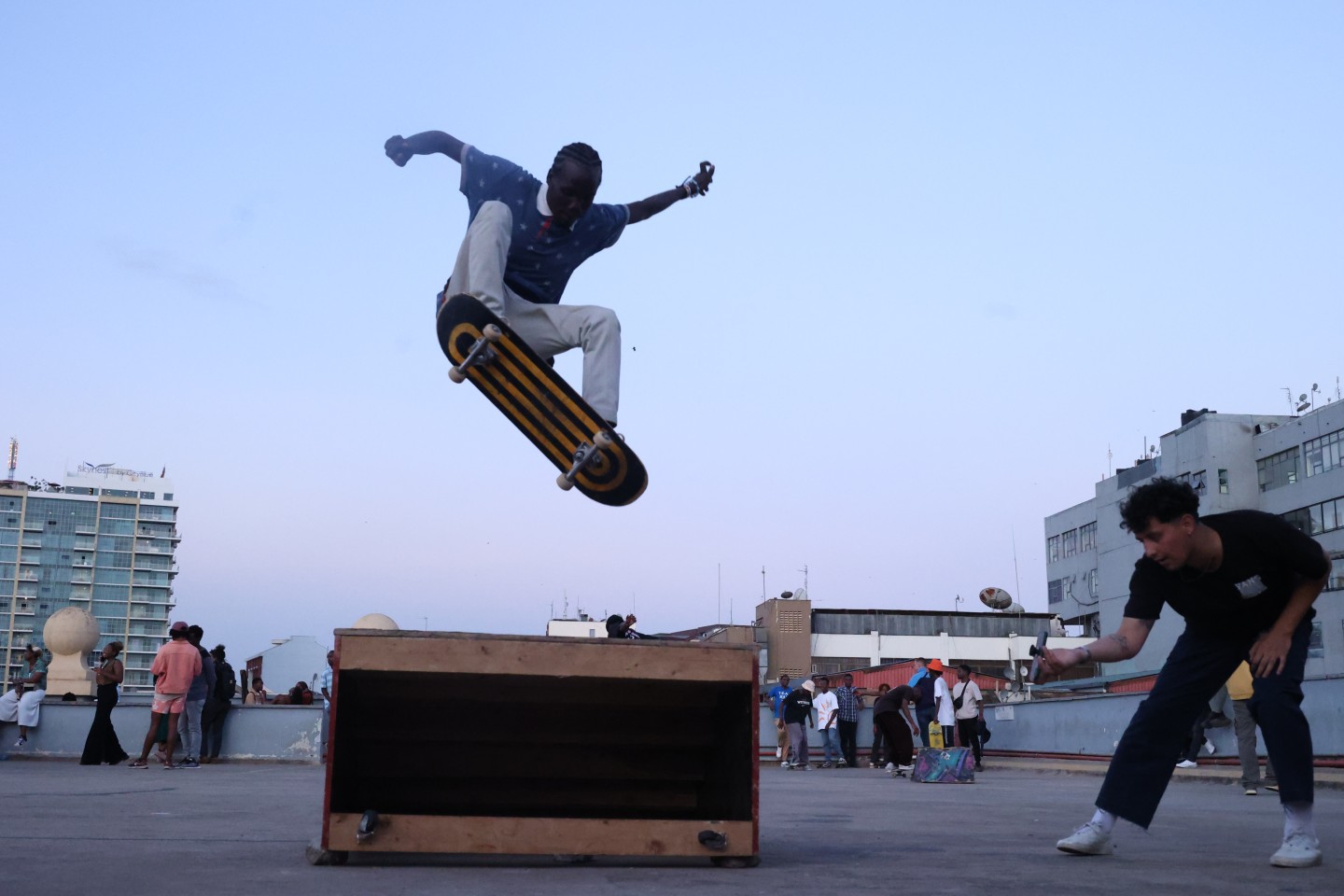






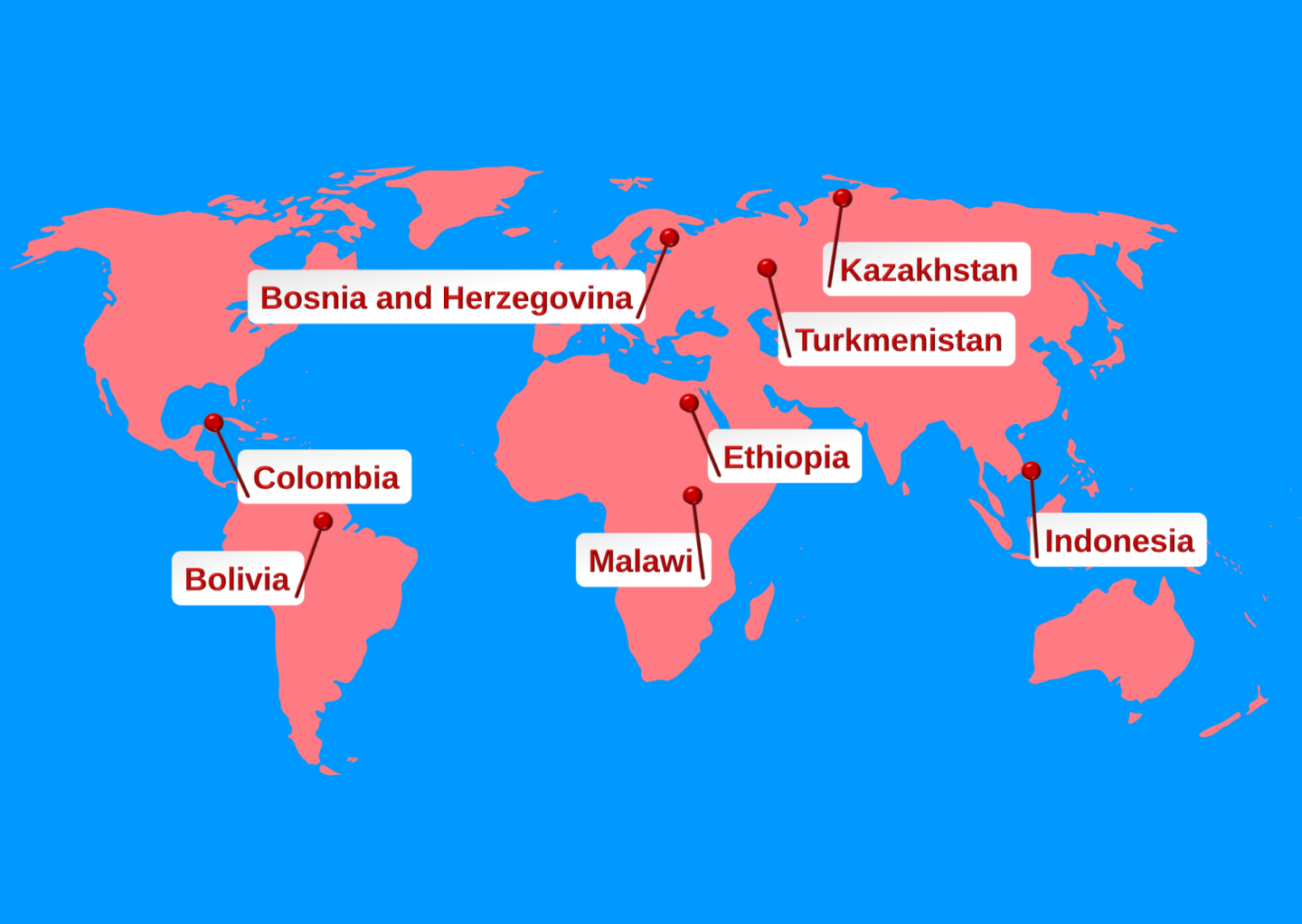

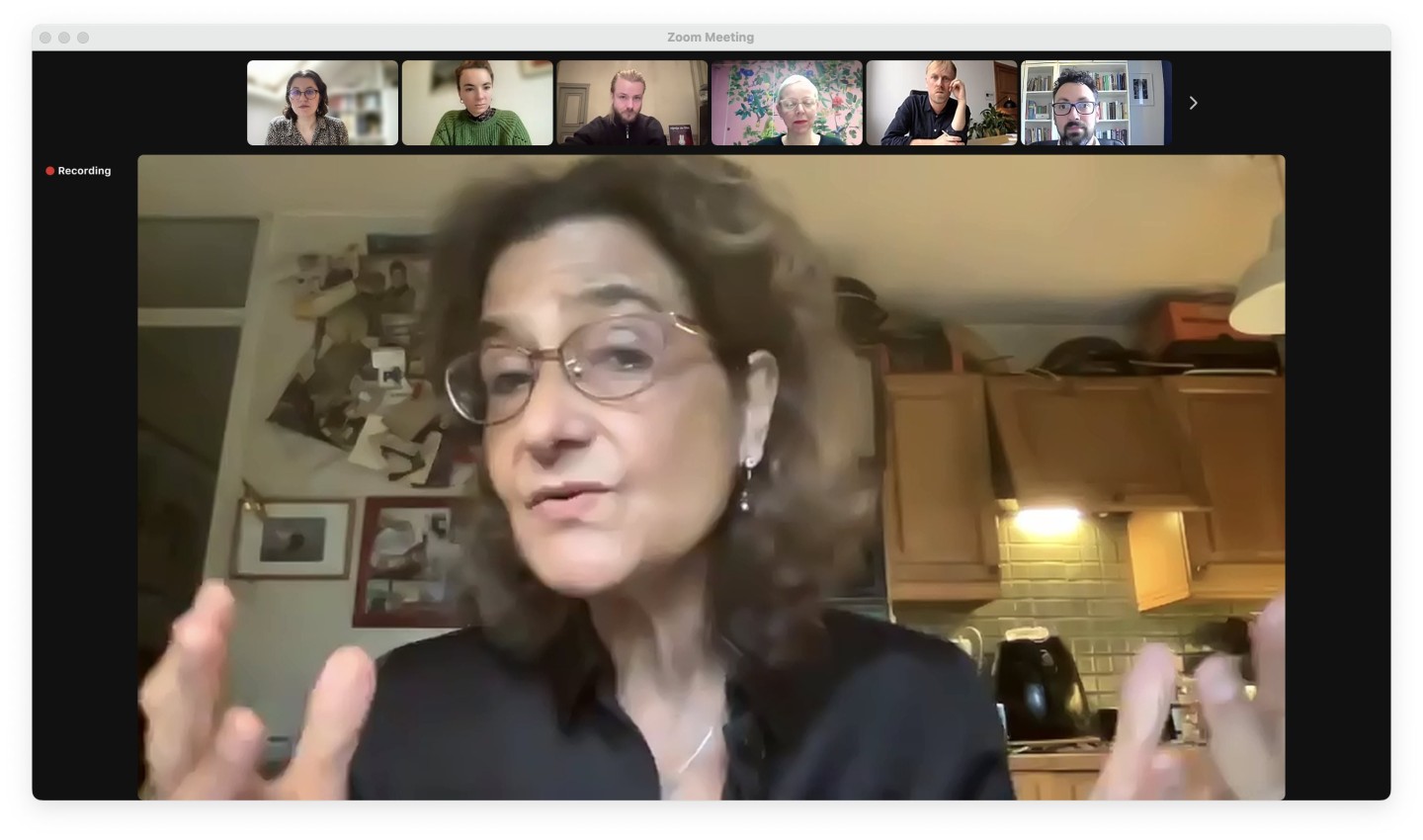
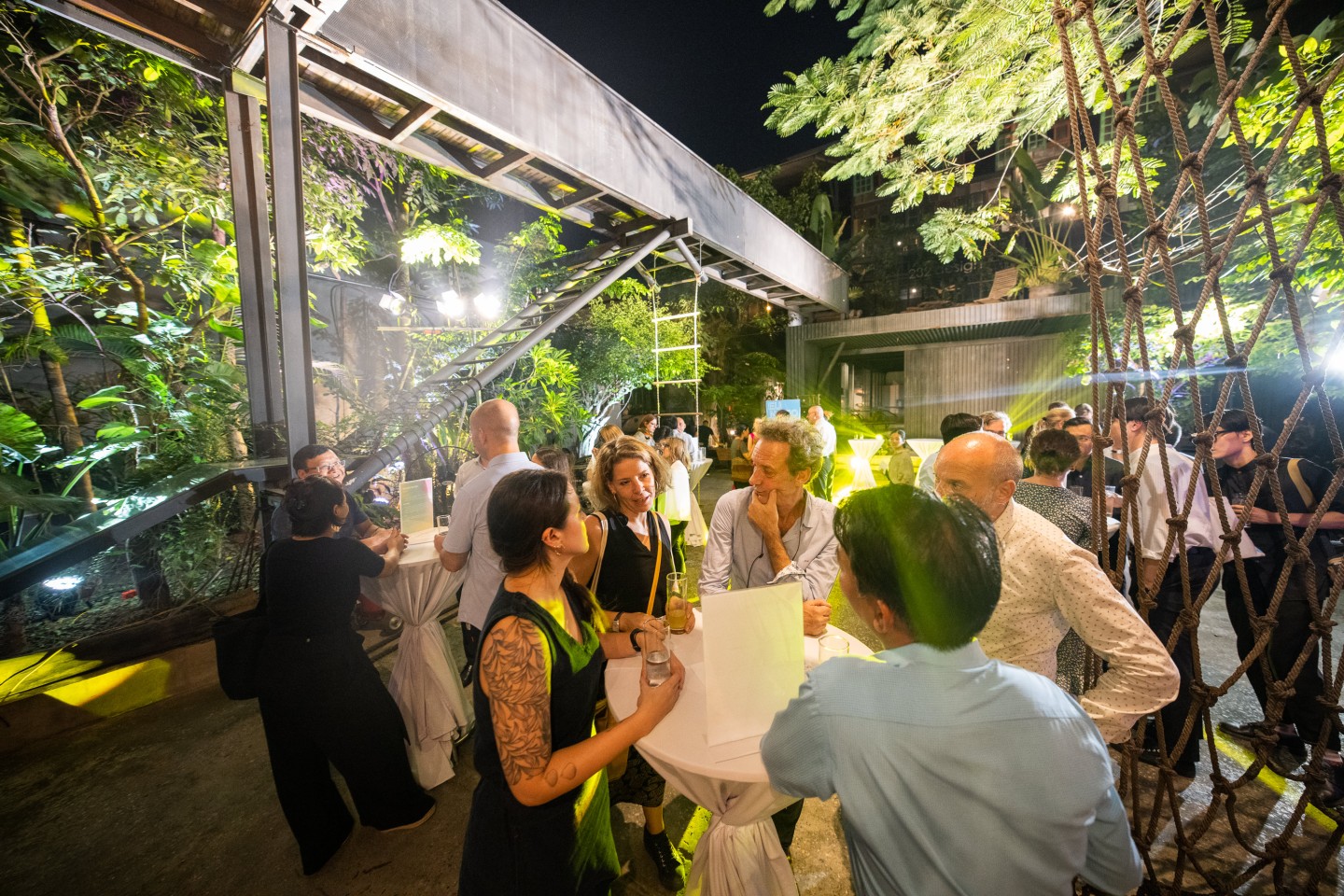





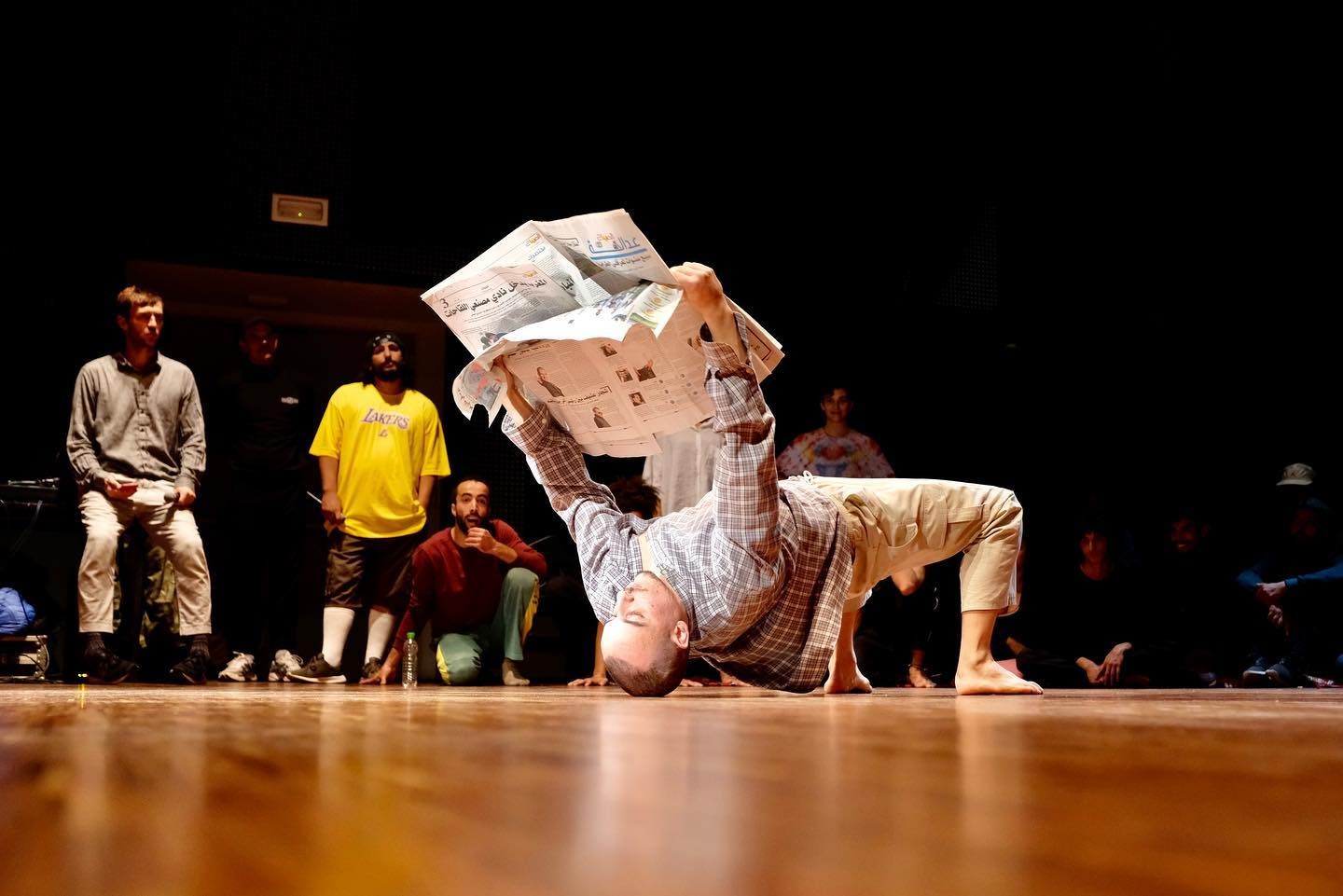

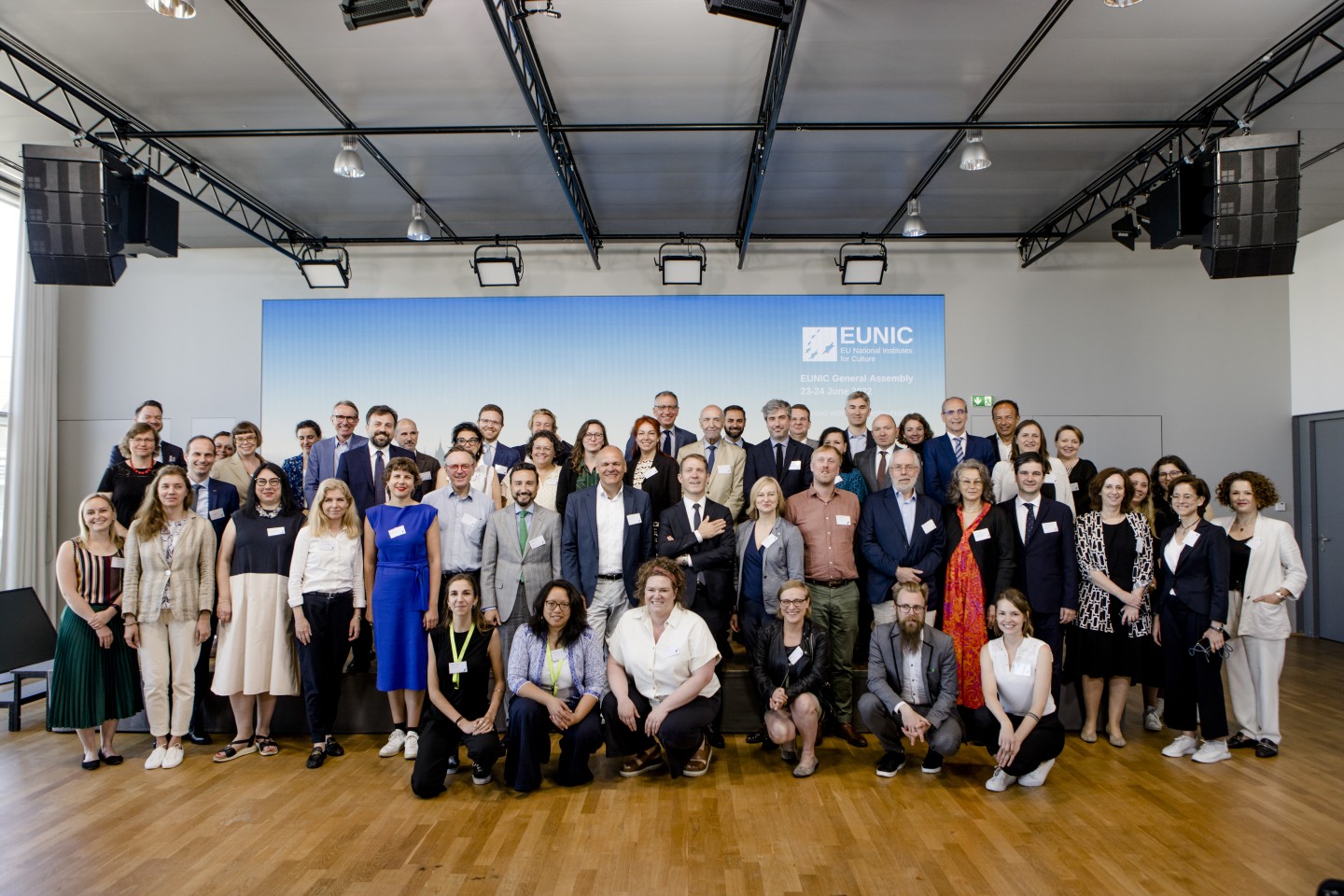
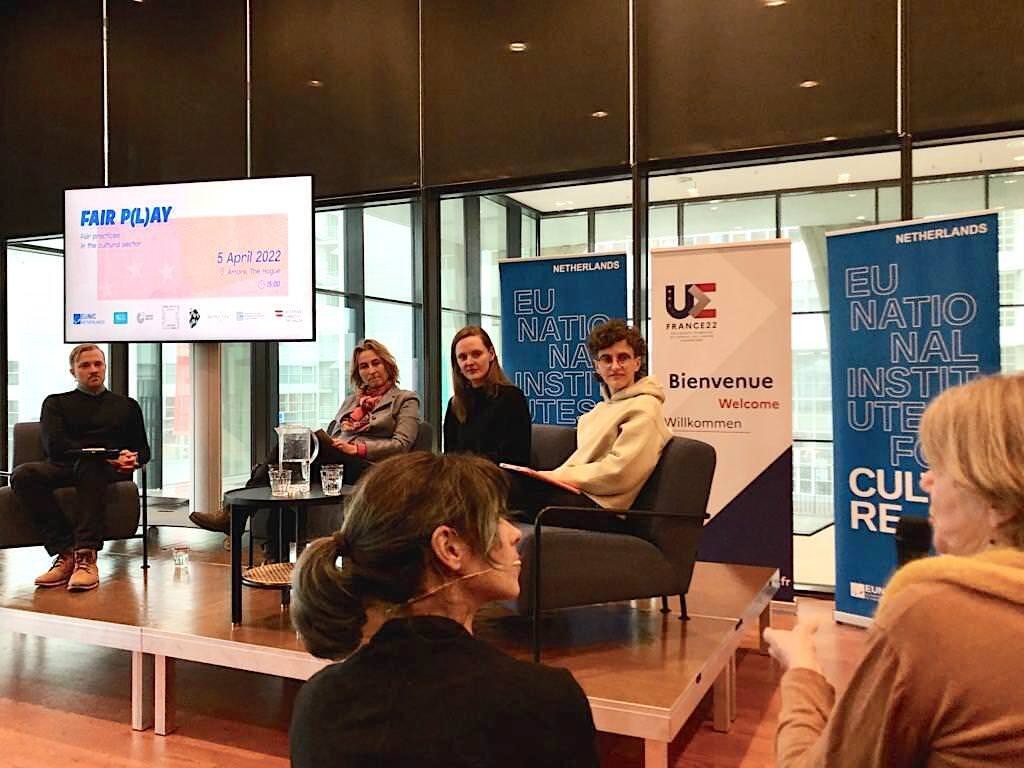


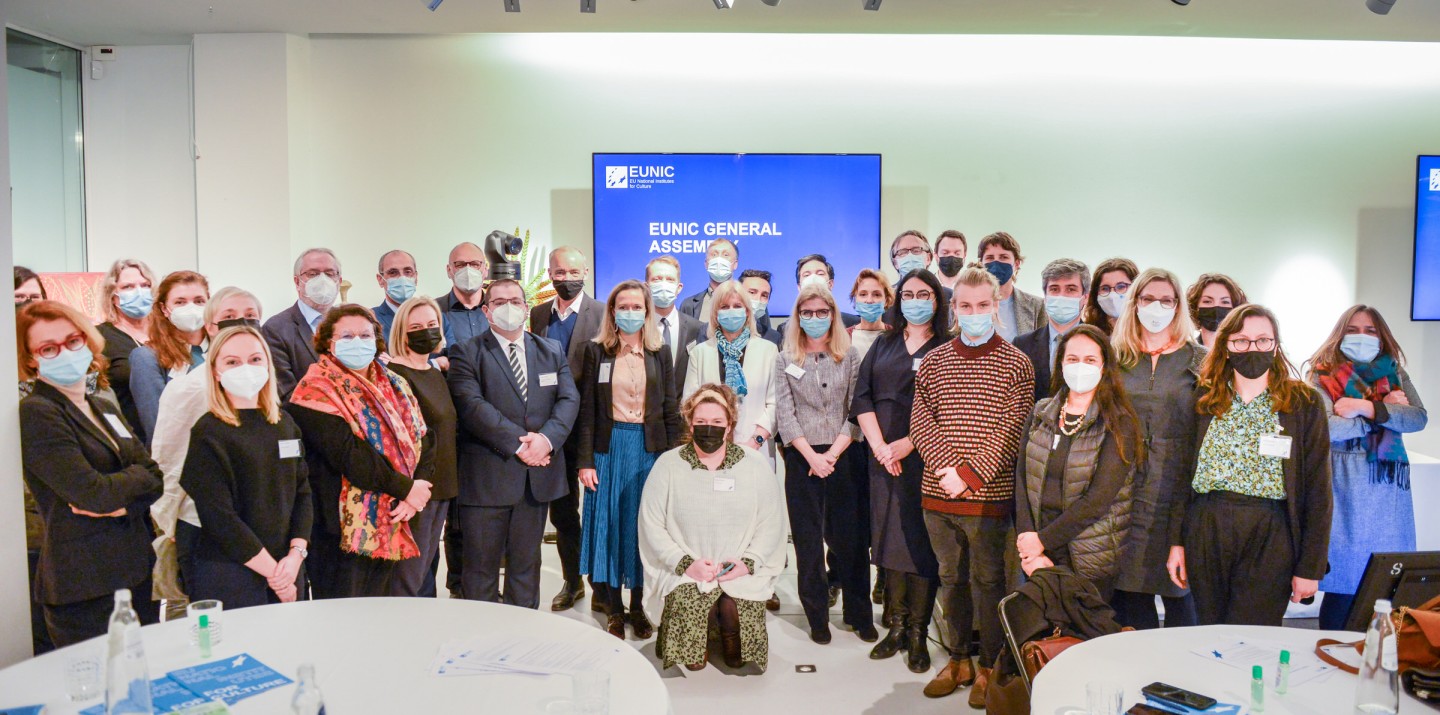
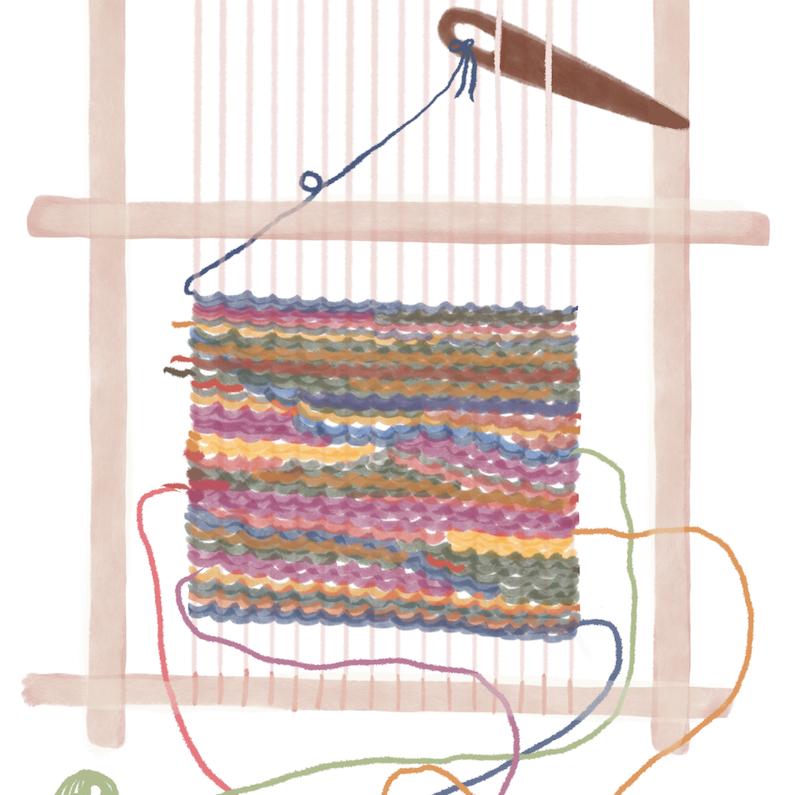



The European Commission support for the production of this publication does not constitute an endorsement of the contents which reflects the views only of the authors, and the Commission cannot be held responsible for any use which may be made of the information contained therein.

